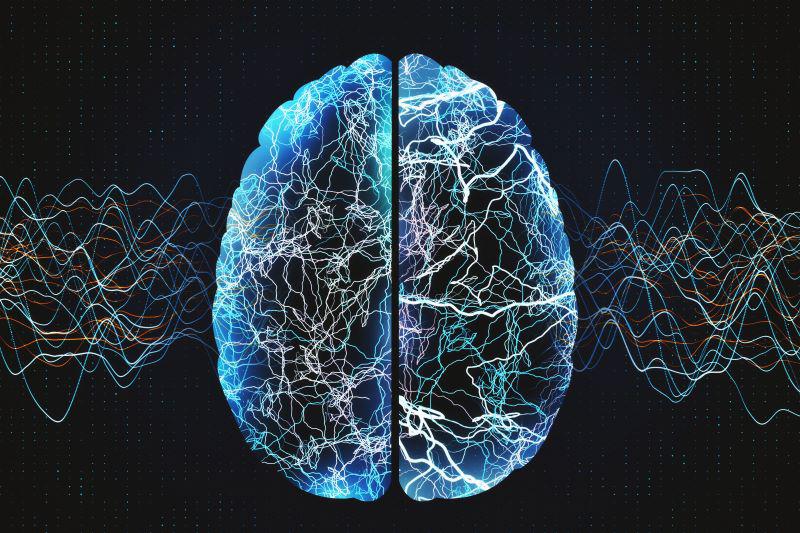
Getting your preventive screening colonoscopy could be even more of a lifesaver than you thought, a new analysis finds. The two gold standard tests for spotting cancers and polyps of the colon — colonoscopy and sigmoidoscopy — offer double the benefit determined in prior studies, conclude a team from the Massachusetts Institute of Technology (MIT),… read on > read on >






























